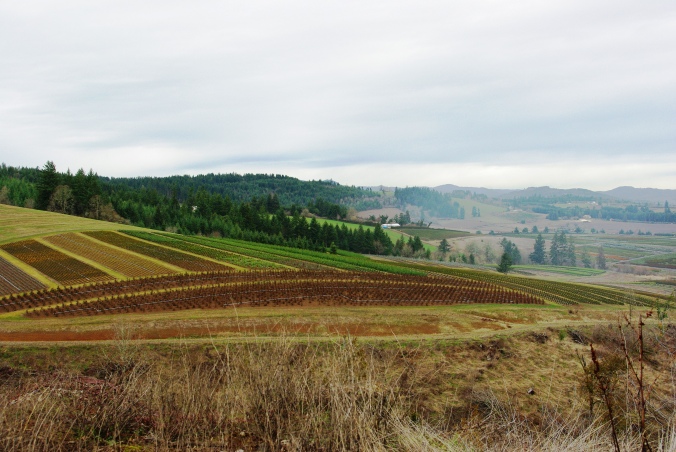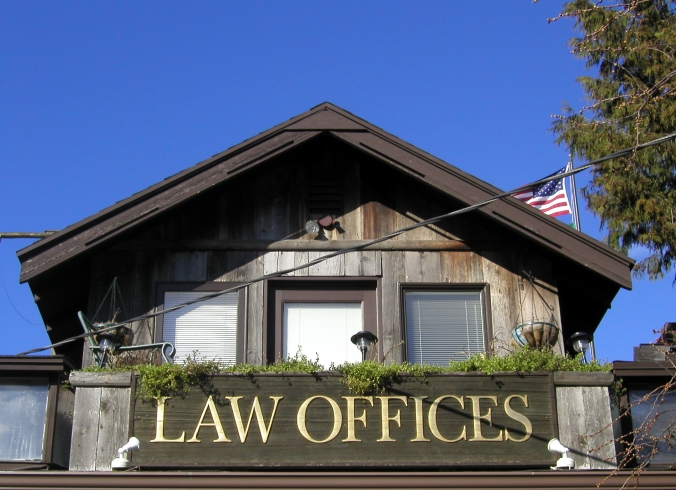 The small towns and rural areas of Oregon have a problem and are looking for a few lawyers willing to put up with flexible hours, a good work/life balance, and opportunities to build a satisfying career in order to solve it. What they have are unmet legal needs, what they want a lawyers willing to take on the challenge.
The small towns and rural areas of Oregon have a problem and are looking for a few lawyers willing to put up with flexible hours, a good work/life balance, and opportunities to build a satisfying career in order to solve it. What they have are unmet legal needs, what they want a lawyers willing to take on the challenge.
Based on research done by the Oregon State Bar, there is a significant age discrepancy in the rural attorney population – young lawyers (those under 40) make up less than 25% of the rural bar while older lawyers (those over 60) constitute upwards of 50%. The end result is that over the next 5 to 15 years rural areas and small towns are looking at losing a significant proportion of their lawyers through retirement.
Fortunately, the Oregon State Bar is working on finding ways to address this issue and to encourage young lawyers to develop permanent practices in these areas and they are doing it at an ideal time – as Richard Spier, Oregon State Bar President, points out, there are opportunities in rural Oregon for lawyers willing to make the move; there are established lawyers willing to provide mentorship, referrals, introductions, and advice and there is often more work than the established lawyers can handle.
see also: Outside the Urban Box by Cliff Collins

 So, the rural lawyer population is dwindling and there is a legal desertification creeping across small town USA – so what, it can’t be that big a deal what with the internet, on-line legal services and all.
So, the rural lawyer population is dwindling and there is a legal desertification creeping across small town USA – so what, it can’t be that big a deal what with the internet, on-line legal services and all.